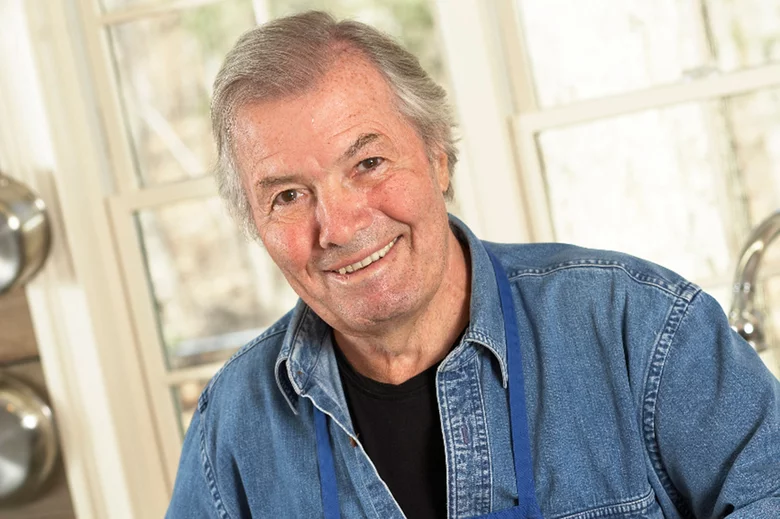The conference concluded with an awards dinner where chef and restaurant owner Rick Bayless was given the IACP Humanitarian award. It was the third time I heard him spoke at the conference and as with each prior instance, my admiration for him grew even greater. I have to admit, I have always liked Rick Bayless and adore his cooking at Frontera Grill.
Recently I finished reading The United States of Arugula. I was particularly struck by a discussion of the decision Rick Bayless made to work with Burger King. That decision resulted in much criticism. His ideas of engaging big companies, like Burger King, rather than isolating or ignoring them made sense to me then as it does now. I can't help but think he might have had something to do with the recent announcement that Burger King intends to ensure that their suppliers treat animals humanely.
Earlier in the week I heard Bayless speak at a session on heritage breeds. He is a great supporter of both heritage breeds and using local indigenous ingredients. On the panel he talked about his experiments with cooking heritage breeds of chicken and beef and stated that what excited him most about being in the kitchen was working with the pure flavors he found in these products. We learned that there are challenges in cooking non-conventionally grown meat and heard his suggestions for serving very lean beef raw, in dishes like carpaccio and tartare. When asked whether heritage breeds needed to stay local or go global to be sustainable, he said "Let's celebrate what each area has to offer, and try to make it more available."
His enthusiam for flavor and "terroir", stood in stark contrast to the enthusiasm for techniques outlined by other speakers at the conference such as Herve This, a pioneer of molecular gastronomy and culinary innovators Homaro Cantu and Ben Roche of Moto.
At a morning panel discussion on the availability and usage of indigenous ingredients, Bayless shared an overview of the culinary history of Mexico. The influences in Mexico come from countries and cultures as diverse as France, the Philippines, Spain, Austria and the Moors. His historical and anthropological perspective highlighted the complex nature of determining "authenticity". He said food is always a reflection of place, and therefore different everywhere. Rather than bemoan the lack of consistency, he celebrated the differences and said he never claims the food available to him in Chicago is better or worse than what is available in Mexico, just different.
In the evening award ceremony Bayless never spoke about his own accomplishments but praised his staff for their volunteer efforts and commitment to the community. He also credited his wife with helping to make the Frontera Farmer Foundation a reality. This non-profit organization is committed to promoting small, sustainable farms serving the Chicago area by providing them with development grants. He came across as extremely humble and never even mentioned that he closes his restaurant at Christmas and allows any employee who wishes to join him on a trip to Mexico to learn about the food and culture. What other chef offers their employees such a thing? Ultimately he said, food is about conviviality which made for a great affirming end to the conference. I can't imagine that anyone left the room without a greater appreciation for Rick Bayless. I know I did.
FOOD





